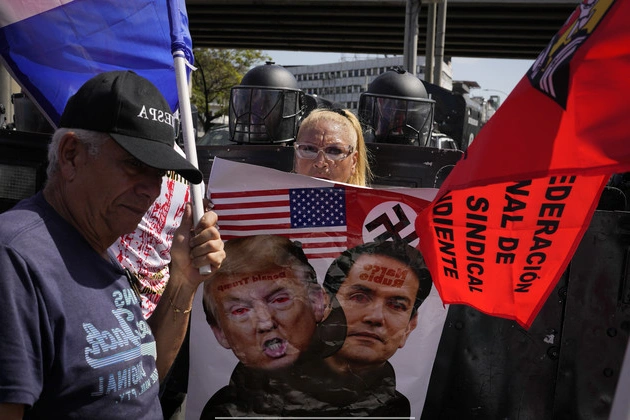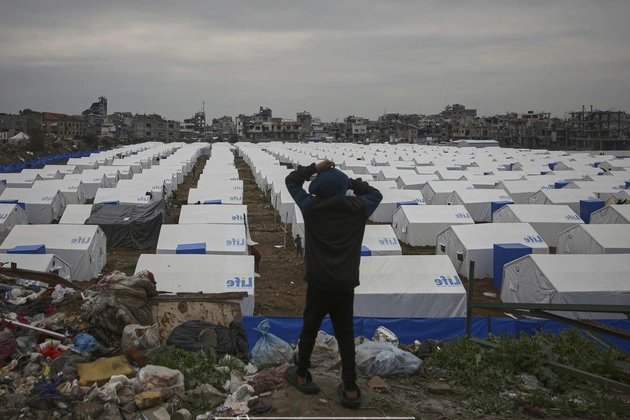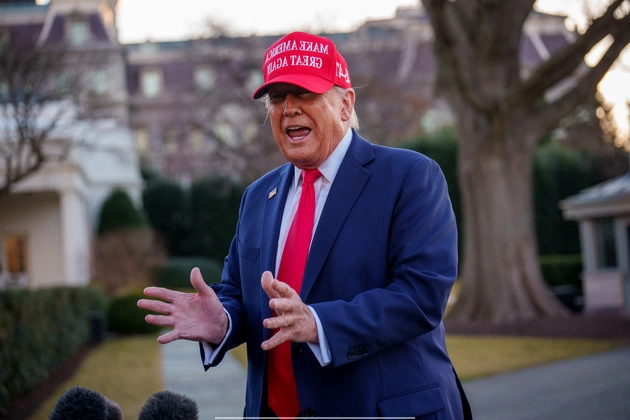
Amidst escalating tensions, President Donald Trump has made a “preliminary determination” regarding Chinese influence and its potential violation of the treaty safeguarding the neutrality of the Panama Canal. Secretary of State Marco Rubio, during his inaugural foreign visit, emphasized the gravity of this situation to Panamanian President José Raúl Mulino.
Trump’s administration views the Panama Canal as a critical passageway under its protection, a right established by a longstanding treaty signed during President Jimmy Carter’s era. Rubio’s discussions with Mulino underscored the US’s concerns over Panama’s management of this vital waterway, crucial for global trade.
Challenges and Responses
Despite speculations, Mulino clarified that Rubio did not issue any direct threats of canal retake or the use of force. The handover of the Panama Canal to Panama in 1999 was governed by a treaty emphasizing its permanent neutrality, although the specifics of this neutrality remain ambiguous.
The State Department’s summary of the meeting outlined Rubio’s stance on the current status quo, deeming it unacceptable and hinting at potential US interventions to uphold treaty rights. This assertive approach aligns with Trump’s foreign policy directives, characterized by increasing pressures on allies and neighbors.
Concerns over China’s involvement in the canal’s ports have further complicated the situation. While Mulino assured ongoing audits of the Chinese-controlled consortium, Panama’s decision not to renew its Belt and Road Initiative agreement signals a shift in allegiances.
Regional Reactions and Implications
In response to these developments, a notable public demonstration in Panama conveyed sentiments against perceived foreign interference. The chants of “Marco Rubio out of Panama” and calls for national sovereignty underscored the public’s concerns over external influences.
Rubio’s focus on immigration collaboration and security highlights the multifaceted nature of US-Panama relations. However, challenges such as foreign aid freezes and program halts underscore the complexities of addressing migration and crime in the region.
The implications of China’s presence in the canal’s operations, as highlighted by Rubio, raise questions about the waterway’s vulnerability to external pressures. The US’s strategic interests in the region, coupled with concerns over illegal migration and hostile regimes, shape the evolving narrative surrounding the Panama Canal.
Future Prospects and Considerations
As tensions persist and diplomatic dialogues continue, the future of the Panama Canal remains uncertain. The US’s intentions to assert control over the canal and the Panamanian response to external pressures set the stage for ongoing negotiations and strategic realignments.
With a keen eye on regional dynamics and global implications, the Panama Canal serves as a focal point for geopolitical maneuvering and diplomatic posturing in the modern era.















